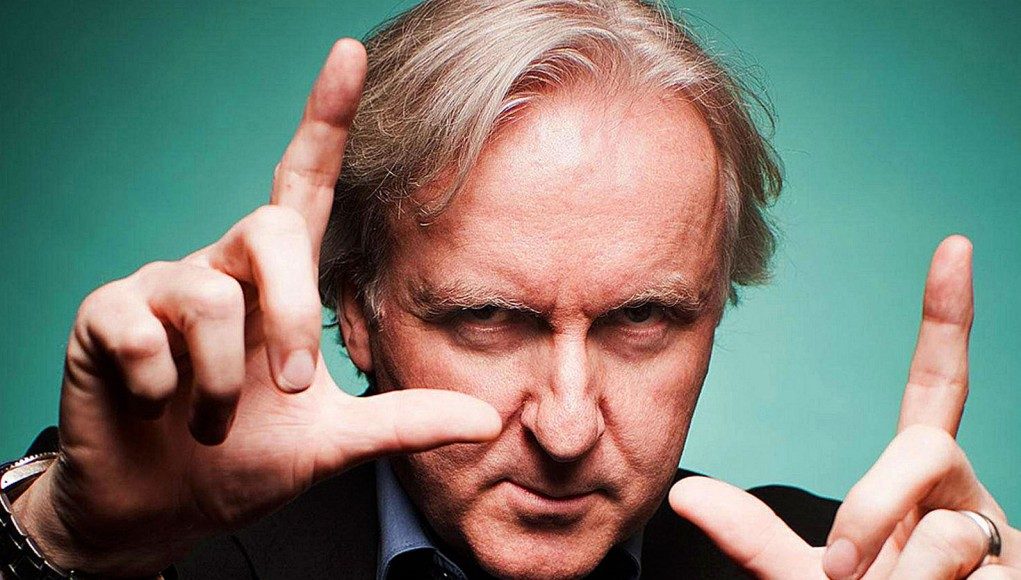Speaking to IGN recently, founder of Oculus Palmer Luckey has somewhat belatedly responded to James Cameron’s dismissal of virtual reality and in particular the Oculus Rift last year.
It’s normal, expected and healthy to have detractors in a space as new and potentially disruptive as virtual reality. And VR has certainly had its share of vocal critics over the last few years of its current resurgence.
But one person’s comments in particular stung (and disappointed) a little more than most, namely veteran movie director James Cameron. It was disappointing for me personally as Cameron has been a director historically willing and eager to embrace cutting-edge technologies to achieve his creative ends. He’s pushed boundaries on multiple projects, from the arduous underwater filming schedule of The Abyss to the cutting-edge early use of CG in Terminator 2. He was also one of the primary proponents for the adoption of stereoscopic 3D in cinemas, long before even his 3D poster boy movie Avatar was on the horizon.
Here’s what Cameron had to say about VR when asked to comment by The Hollywood Reporter at the back end of last year:
There seems to be a lot of excitement around something that, to me, is a yawn, frankly. The question that always occurred to me is, when is it going to be mature, when is it going to be accepted by the public at large, when are people going to start authoring in VR and what will that be? What will the level of interactivity with the user be other than just ‘I can stand and look around.’ If you want to move through a virtual reality it’s called a video game, it’s been around forever. Oculus Rift is fine, it’s got a good display and that sort of thing
For me, the comments smacked of a director who was now so committed to the long term success of stereo 3D in cinemas, seeing beyond this incremental enhancement to the standard movie experience was just beyond him. Remember, Cameron has no less than 3 new Avatar movies in the works at this time with releases stretching until 2018 with Avatar 4.
Palmer Luckey, interviewed recently by IGN, responded to the comments – predictably rebuffing the director’s statements.
“He is incorrect,” Luckey told IGN. “All you have to do is try virtual reality to understand that it goes beyond anything you can do, even on a 3D television or a 3D movie screen.
“Being surrounded, feeling like you’re actually present in a virtual world, it gives you a much more compelling canvas to tell stories with than having to frame everything into a small rectangle you just watch. I think that speaks for itself.”







